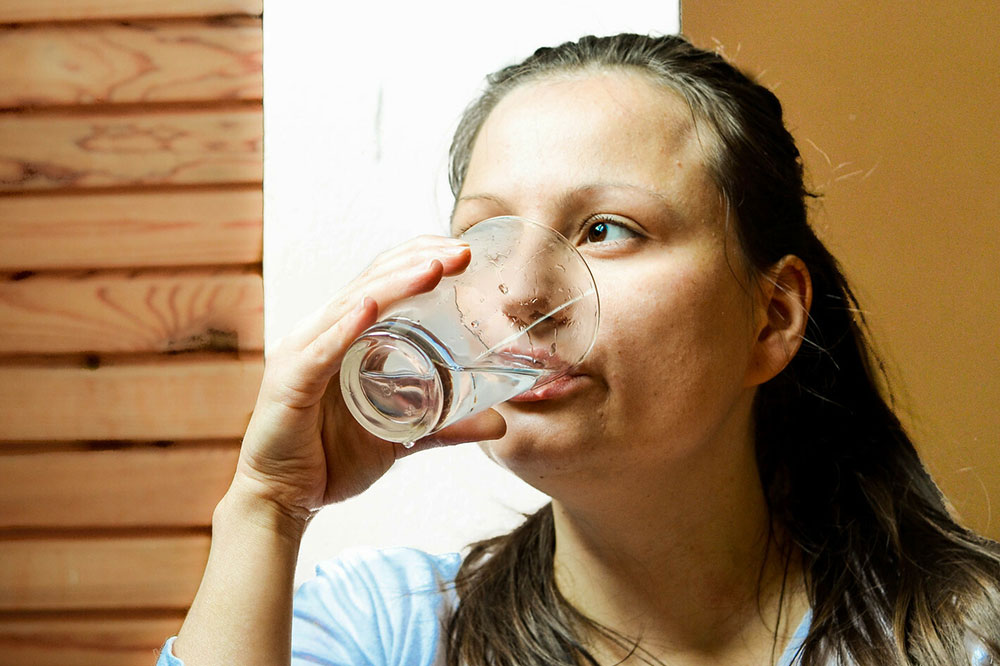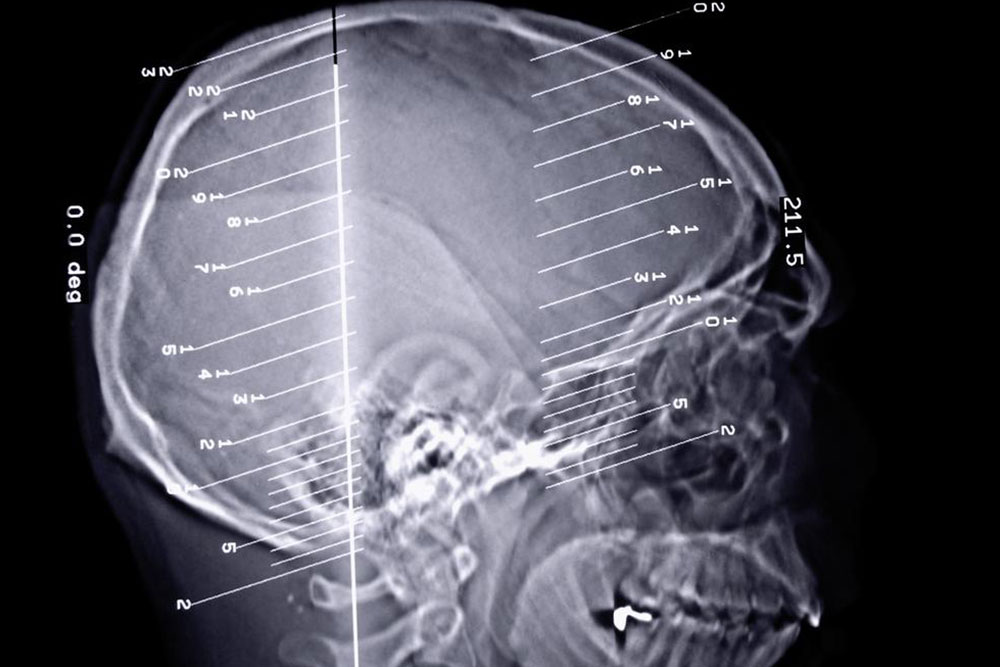Understanding the Causes and Risks of Dehydration
This article explores the various risk factors leading to dehydration across different age groups. It highlights how infants, seniors, pregnant women, and those with chronic illnesses are more susceptible to fluid loss. Understanding symptoms, causes, and preventive measures can help avoid complications. Proper hydration is crucial for maintaining overall health, especially in vulnerable populations. Seek professional medical advice for any concerns about dehydration and stay informed on how to protect yourself and loved ones.

Dehydration occurs when the body loses more fluids than it intake, leading to an imbalance that can impact health. This condition might stem from insufficient water consumption or underlying medical issues. Symptoms range from mild to severe and can affect individuals across all age groups. Young children and infants are particularly vulnerable due to their higher fluid loss from illnesses like diarrhea and vomiting, often going unnoticed until dehydration becomes serious. Older adults face increased risk as natural thirst diminishes and body water conservation declines, especially when combined with medications or chronic conditions. Pregnant women and women during menstruation also need to stay vigilant, as blood loss and hormonal changes can cause dehydration. Recognizing these risk factors is essential for prevention and timely intervention. Always consult healthcare professionals for proper diagnosis and treatment.










